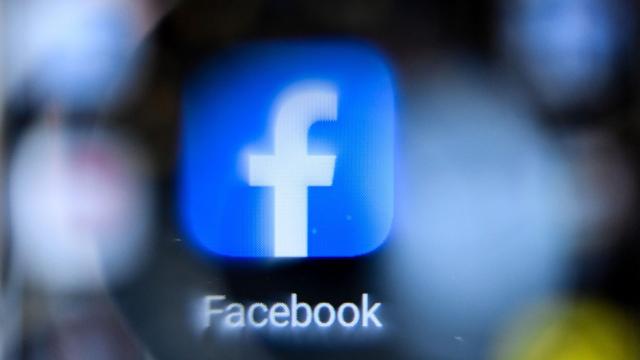On Tuesday, Facebook offered us a brief respite from the deluge of awful news stories on the company with a pretty pleasant-sounding announcement. According to a new blog post from the platform’s shiny new parent company, Meta, the big blue app will be shuttering its facial recognition systems “over the coming weeks.”
While Meta confirmed in an email to Gizmodo that it won’t be doing away with all its facial recognition tech across every property, the choice to pull it from its flagship social media app marks a dramatic shift for a company that’s been collecting our faces for more than a decade. And the announcement shows off the advantage of the name change as outlets breathlessly report the news in a way that sounds like Mark Zuckerberg is making a company-wide change.
Facebook first began using facial recognition tech back in 2010 as a way to make tagging photos a bit easier for the folks uploading photos for the platform. Facebook’s software would suggest friends that were potentially in your photos, and even tag them for you, cutting down on the time that people would spend manually tagging everyone they knew in their pics. Facebook automatically opted its users into this system until 2019, when it finally announced it would let us decide whether to turn it on — and let the company continue scanning every uploaded photo for a sign of your face — or off.
And now, the platform’s doing away with the feature entirely. As part of the change, the company notes that those that are still opted into Facebook’s Facial Recognition setting will “no longer be automatically recognised in photos and videos.”
On top of that, the facial template being used to recognise each of these users will be deleted from Facebook’s systems. “The platform will still encourage people to tag posts manually,” in order to help users find friends that might be in a photo or video, the blog post notes.
As for why Facebook’s making this move after slightly more than a decade of collecting countless faces, it looks like the company’s finally realised what watchdog groups and tech critics have been saying for years: facial recognition, by and large, does way more harm than good. (At minimum it’s realised the tech does reputational harm.) And for the most part, the real-world harms are disproportionally felt by people of colour that are often misidentified by these systems.
“Every new technology brings with it potential for both benefit and concern, and we want to find the right balance,” wrote Jerome Pesenti, one of the heads for artificial intelligence at Meta, in the Tuesday blog post. “In the case of facial recognition, its long-term role in society needs to be debated in the open, and among those who will be most impacted by it.”
While Pesenti notes that this move is part of “a company-wide move away from this kind of broad identification, and toward narrower forms of personal authentication,” it’s unclear whether there’s anything similar planned for any of the other platforms that fall under the Meta umbrella. Fellow Meta property Instagram, for example, is currently facing a massive class action over its own collection of biometric data from users. And the company’s augmented reality platform, Spark AR, largely relies on facial recognition to function.
In a statement to Gizmodo, the company confirmed that the system being shut down was only associated with the big blue social network, not across Meta’s properties as a whole. “We’ll continue to weigh the pros and cons of future applications, in consultation with internal and external experts,” a company spokesperson noted.
Meanwhile, other critics of the company have pointed out that while Facebook might be deleting the billion-or-so facial templates it’s collected from users, the company still has DeepFace, the facial recognition algorithm that it’s trained off of each and every one of those faces since 2014. That model, which the company has previously claimed can recognise faces upwards of 97% of the time, is still available in case Meta wants to roll out any face-detecting products moving forward. So it’s safe to say that facial recognition is almost certainly in Zuckerberg’s future — even if that future doesn’t include Facebook.
